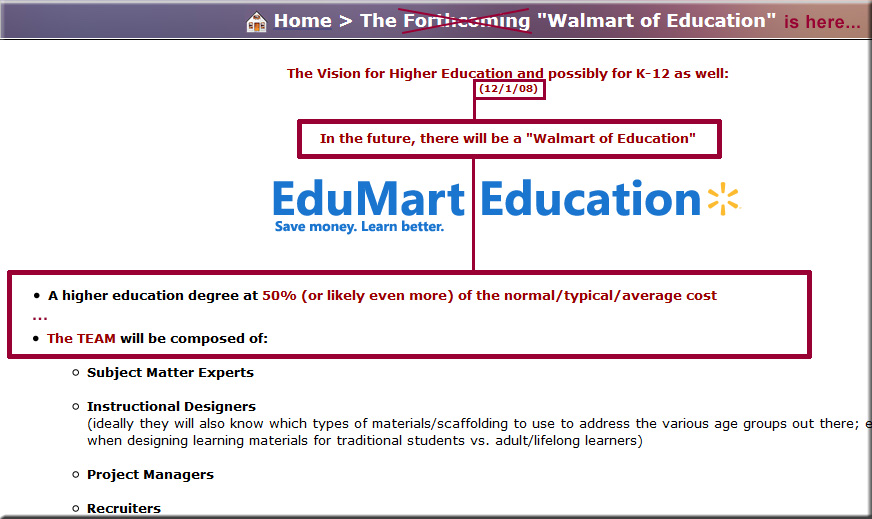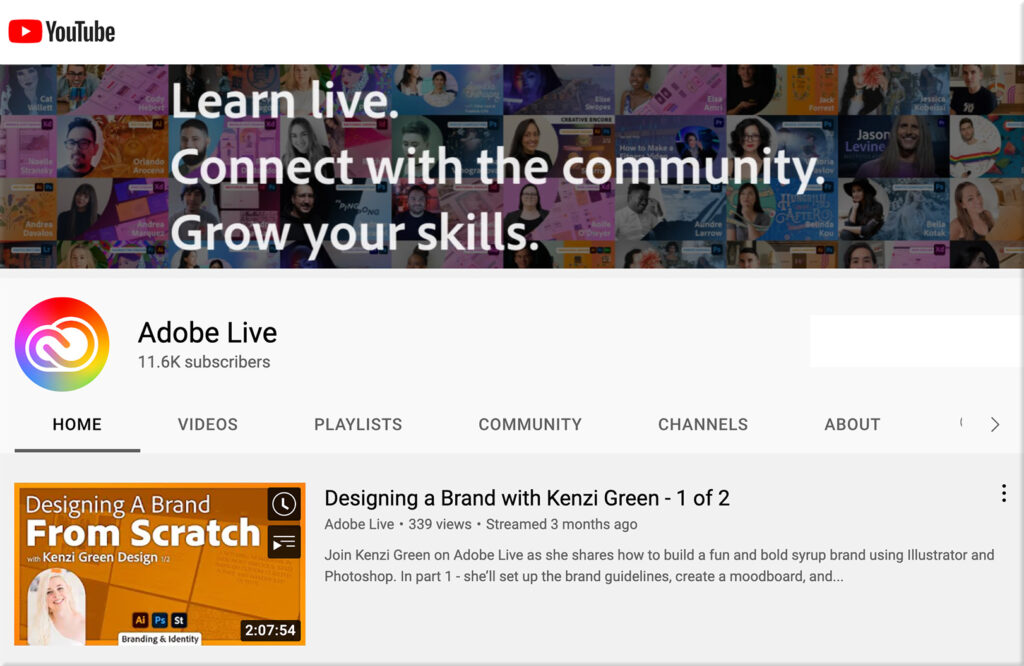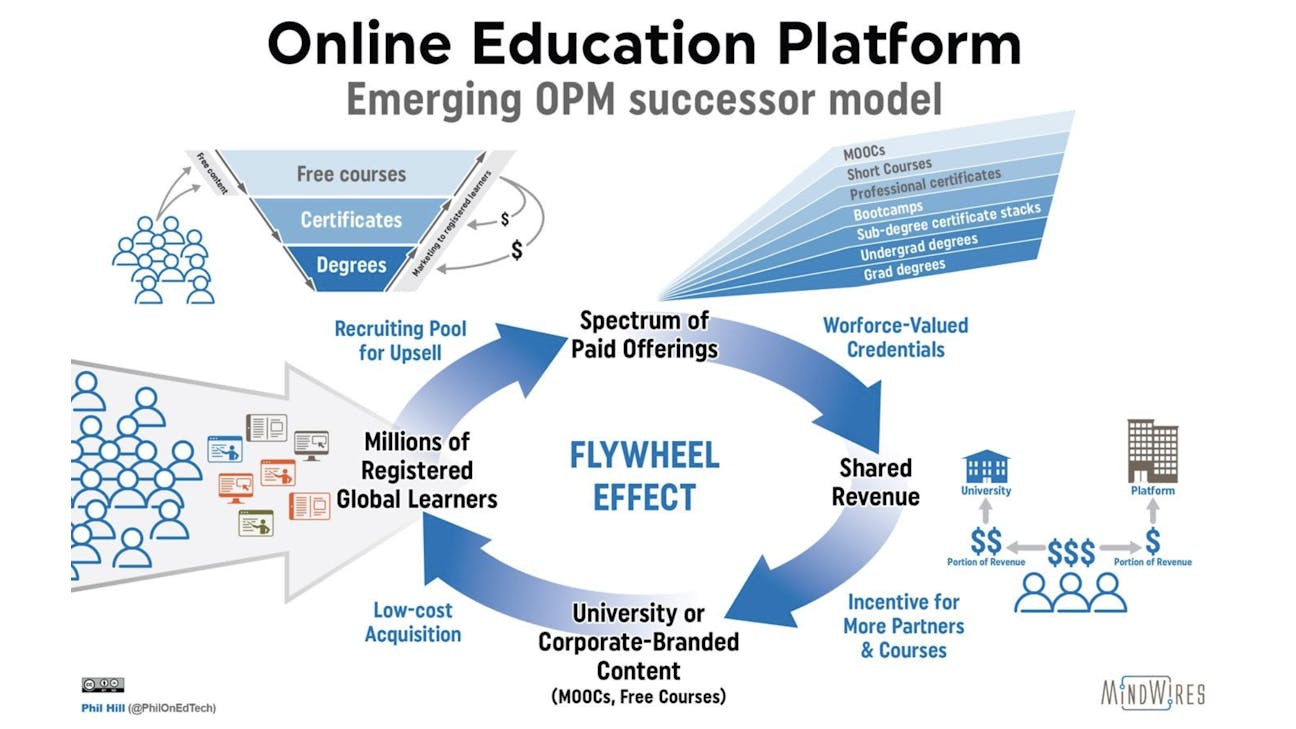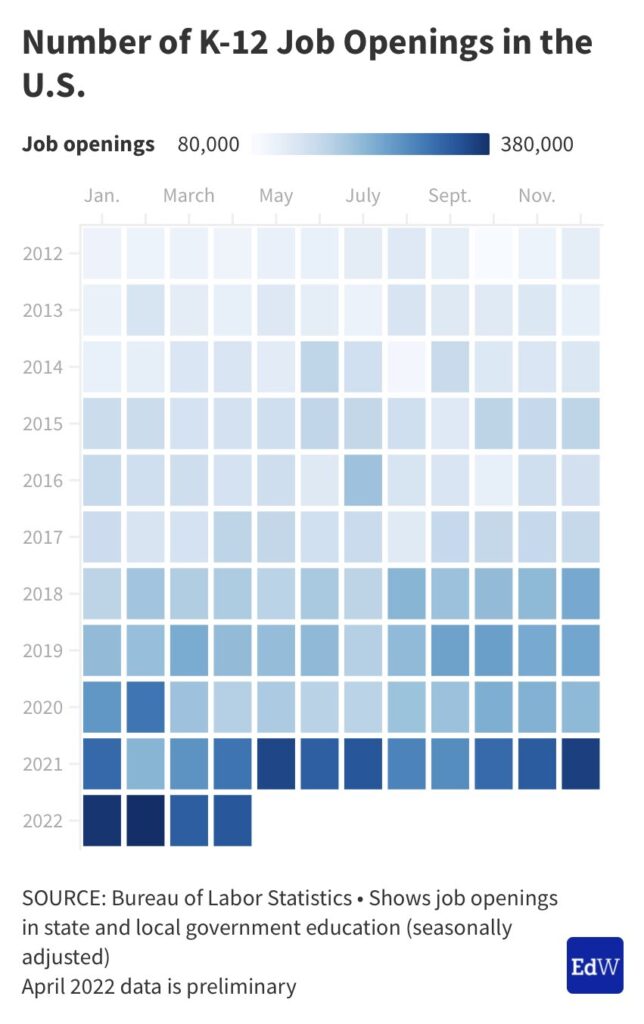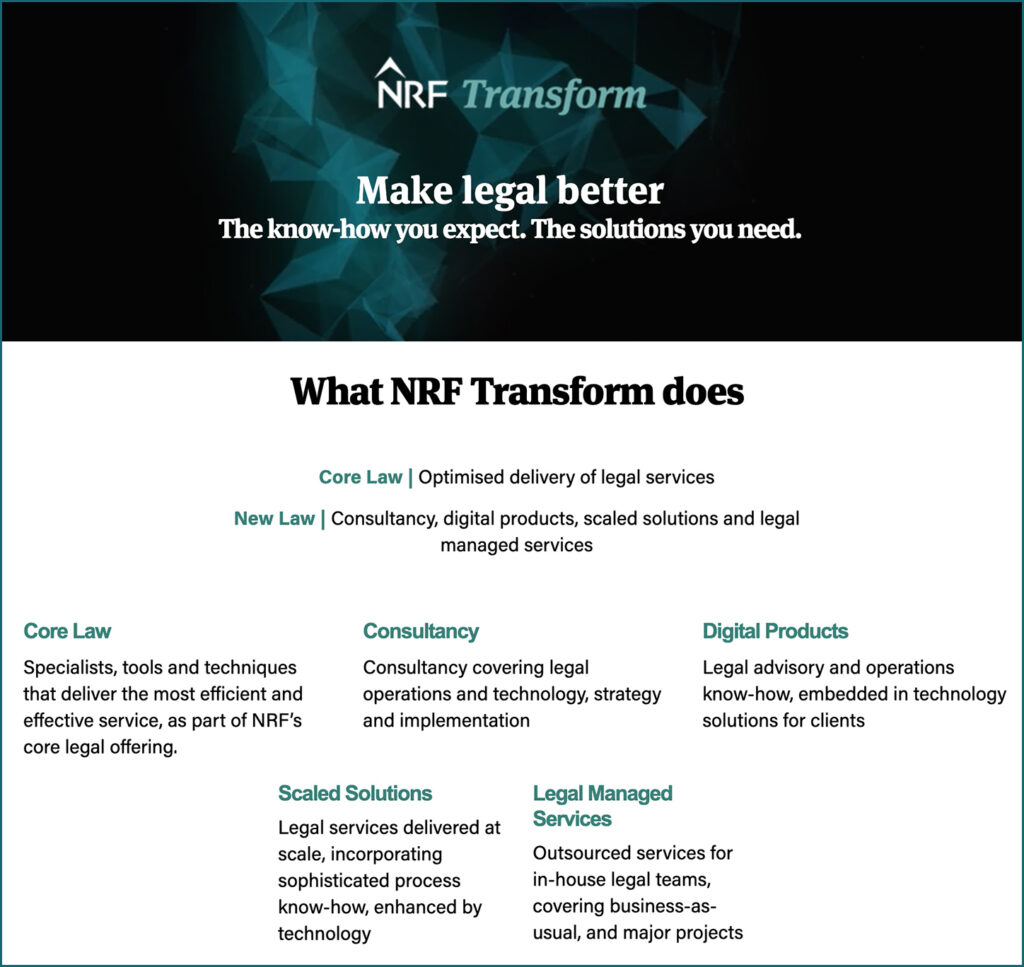From DSC:
Below are some reflections based on an article entitled, Understanding learning transfer through Archwell Academies. It’s from chieflearningofficer.com and was written by Erin Donovan and Keith Keating.
Excerpt:
To capitalize on learning transfer and extend learning beyond traditional training periods, practitioners have established capability academies. According to Josh Bersin, capability academies are the evolution of traditional training and self-directed learning. Bersin posited:
Capability academies are business-driven, collaborative learning environments that facilitate learning retention. . . . Going beyond rote lessons, capability academies help companies prepare for transformation by helping employees develop complex skills and providing guidance on how to apply them in the context of the business.
The core concept of capability academies rests on the importance of collaboration between the trainers and the business. The intention is to provide learners with practice of conceptual understanding and comparative scenarios in the context and environment where they will ultimately apply their skills. Capability academies focus on providing training distinctly aligning with learners’ job responsibilities.
From DSC:
First of all, I have a lot of respect for the people that this article mentions, such as Josh Bersin and Will Thalheimer. So this article caught me eye.
It seems to me that the corporate world is asking for institutions of traditional higher education to deliver such “capability academies.” But that makes me wonder, could this even be done? Surely there aren’t enough resources to develop/deliver/maintain so many environments and contexts, right? It took Archwell, a global mortgage services outsourcing provider, an entire year to systematically design and develop such customized capability academies — just for their clients’ businesses.
The article goes on:
The core concept of capability academies rests on the importance of collaboration between the trainers and the business. The intention is to provide learners with practice of conceptual understanding and comparative scenarios in the context and environment where they will ultimately apply their skills. Capability academies focus on providing training distinctly aligning with learners’ job responsibilities.
Context. Skills. Acquiring knowledge. Being able to apply that knowledge in a particular environment. Wow…that’s a lot to ask institutions of traditional higher education to deliver. And given the current setup, it’s simply not going to happen. Faculty members’ plates are already jammed-packed. They don’t have time to go out and collaborate with each business in their area (even with more sabbaticals…I don’t see it happening).
I’m sure many at community colleges could chime in here and would likely say that that’s exactly what they are doing. But I highly doubt that they are constantly delivering this type of customized offering for all of the businesses in each major city in their area.
I can hear those in corporate training programs saying that that’s what they are doing for their own business. But they don’t provide it for other businesses in their area.
So, what would it take for higher education to develop/offer such “capability academies?” Is it even possible?
We continue to struggle to design the ultimate learning ecosystem(s) — one(s) whereby we can provide personalized learning experiences for each person and business. We need to continue to practice design thinking here, as we seek to provide valuable, relevant/up-to-date, and cradle-to-grave learning experiences.
The problem is, the pace of change has changed. Institutions of traditional higher education can’t keep up. And frankly, neither can most businesses out there.

I keep wondering if a next-generation learning platform — backed up by AI but delivered with human expertise — will play a role in the future. The platform would offer products and services from teams of individuals — and/or from communities of practices — who can provide customized, up-to-date training materials and the learning transfers that this article discusses.
But such a platform would have to offer socially-based learning experiences and opportunities for accountability. Specific learning goals and learning cohorts help keep one on track and moving forward.











